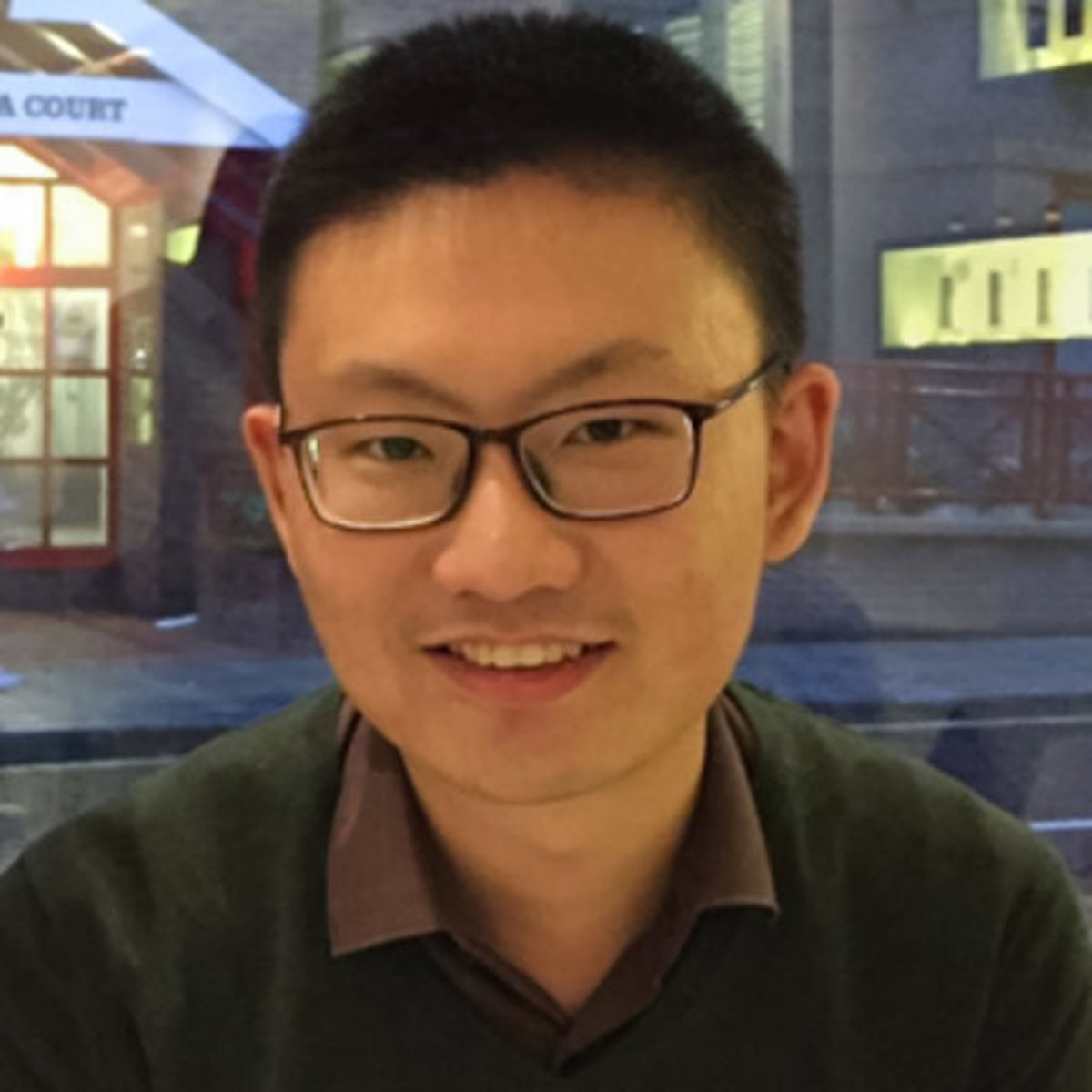The 2023/24 Commonwealth Futures Climate Research Cohort will focus on five key themes, each supported by an academic theme lead.
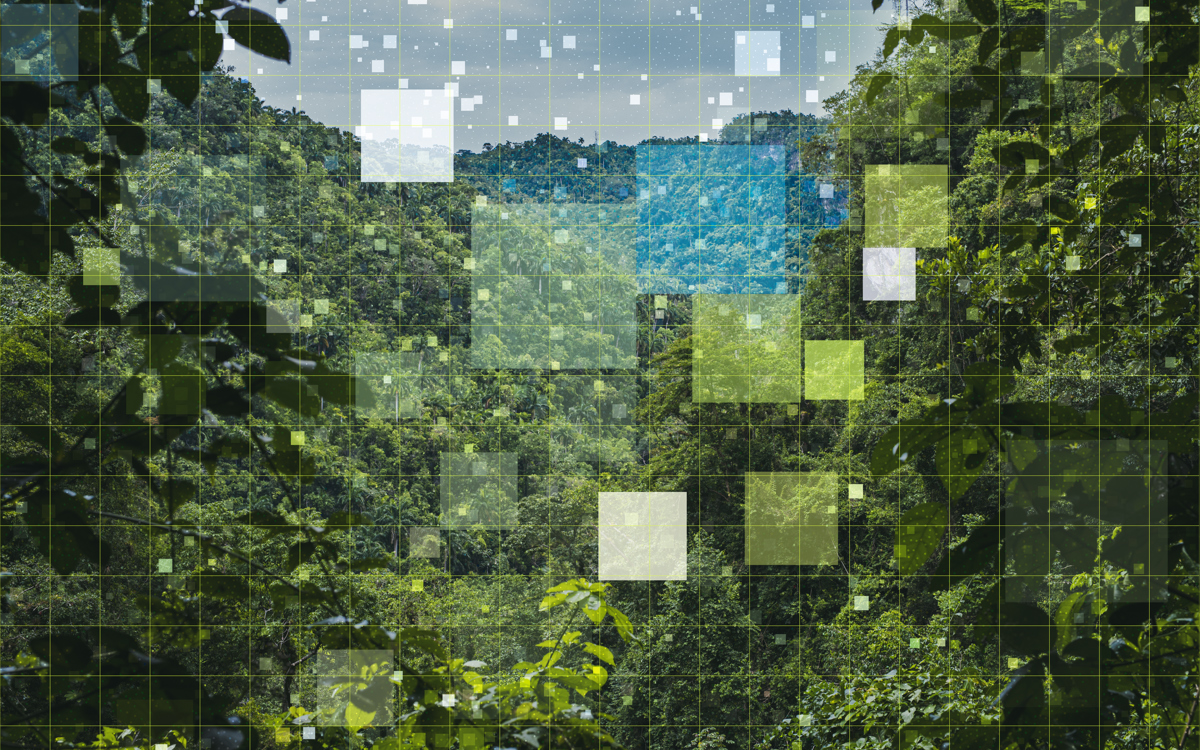
Nearly 80% of the global population is exposed to high levels of water security challenges, with climate change intensifying the water cycle, altering rainfall patterns, and consequently bringing more frequent and amplified hazards to human societies in many regions. This theme will therefore bring together researchers interested in ‘water security’, referring to sustainable access to sufficient quantity and satisfactory quality of water for livelihood and human wellbeing, for ecosystems, and for protecting against water-related disasters (UN-Water). Sub-themes include (1) Inequality of water security; (2) Water for ecosystems; (3) Water-related hazards.
Meet the fellows
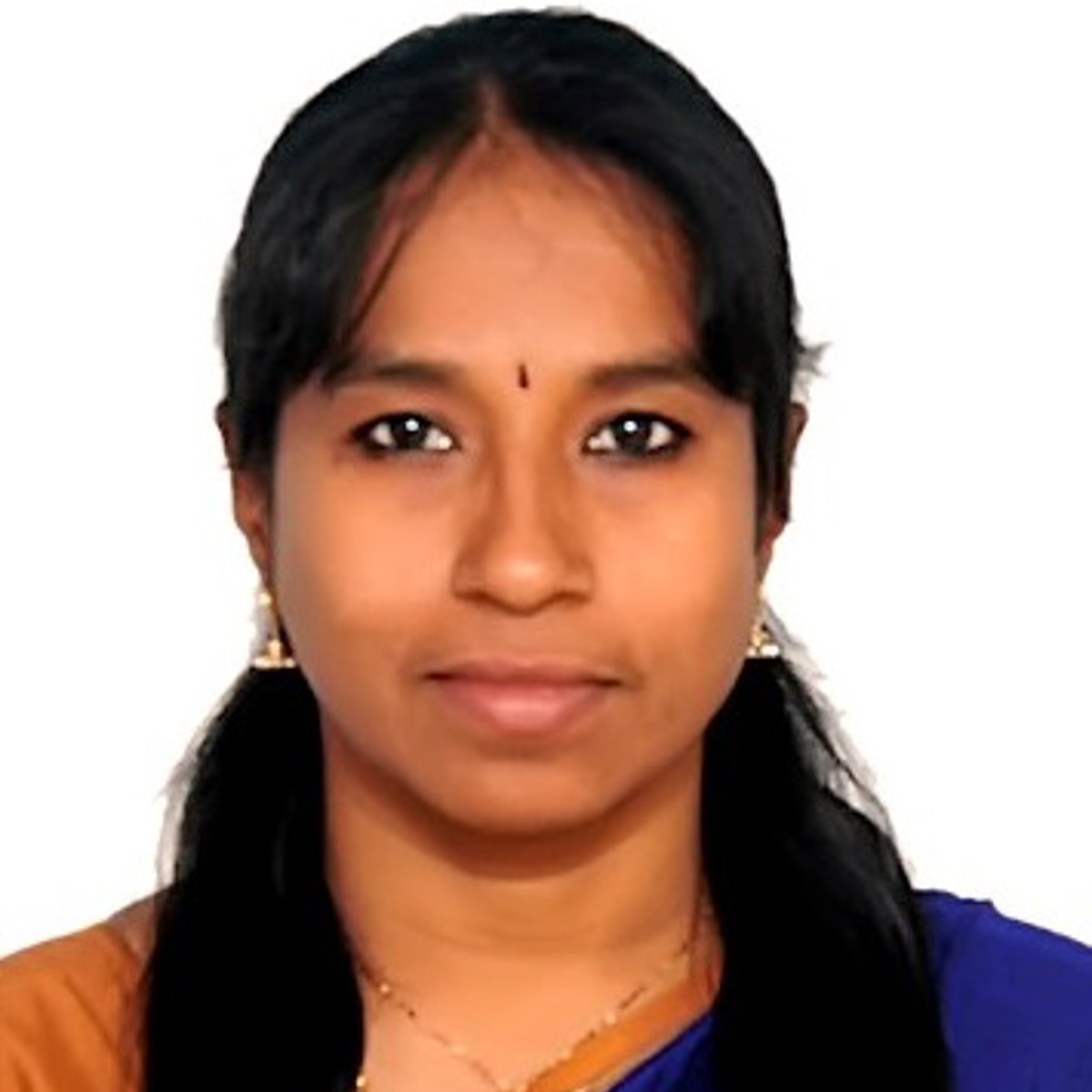
Dr S Parimala Renganayaki
Vellore Institute of Technology (VIT) - India
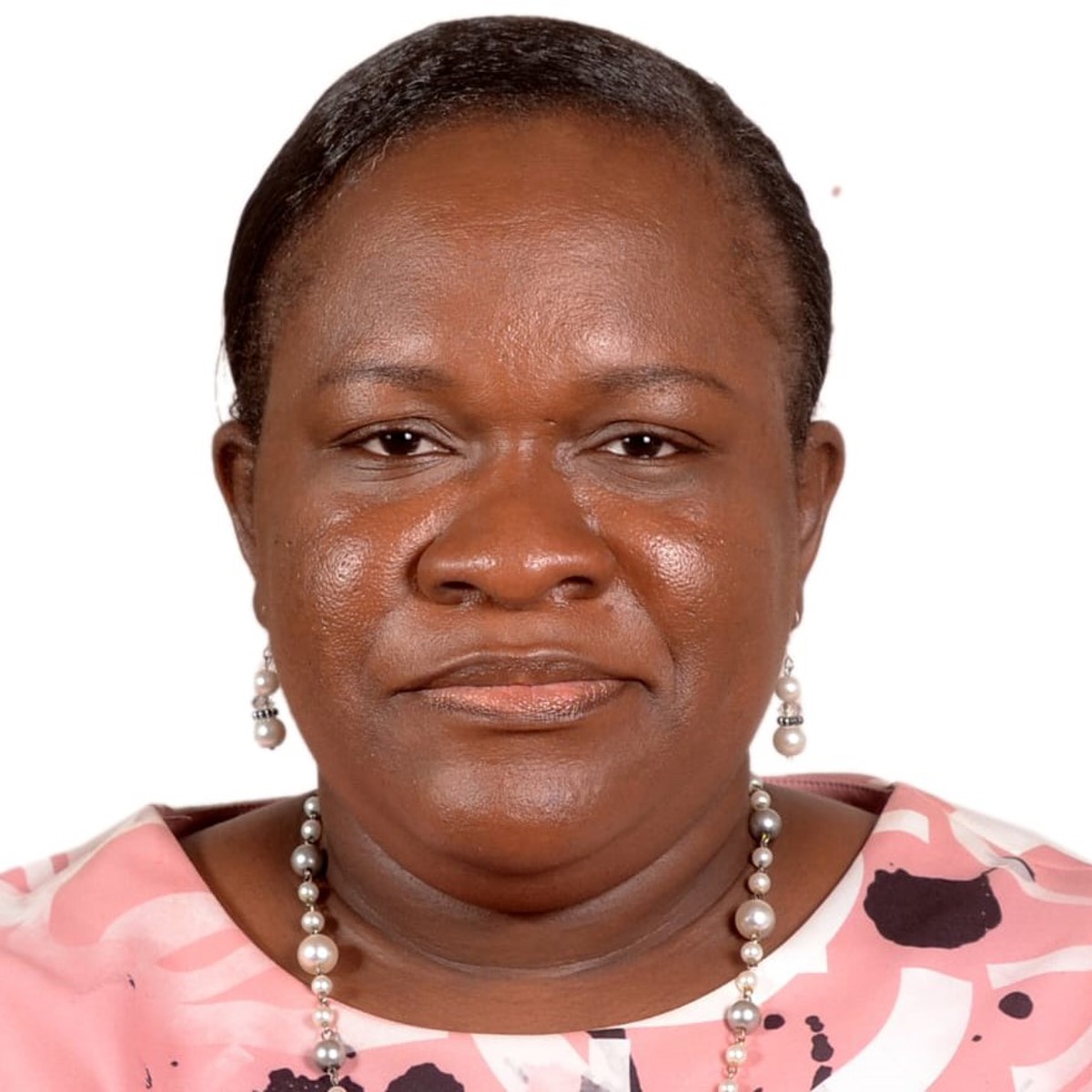
Dr Temitope Sogbanmu
University of Lagos (UNILAG) - Nigeria
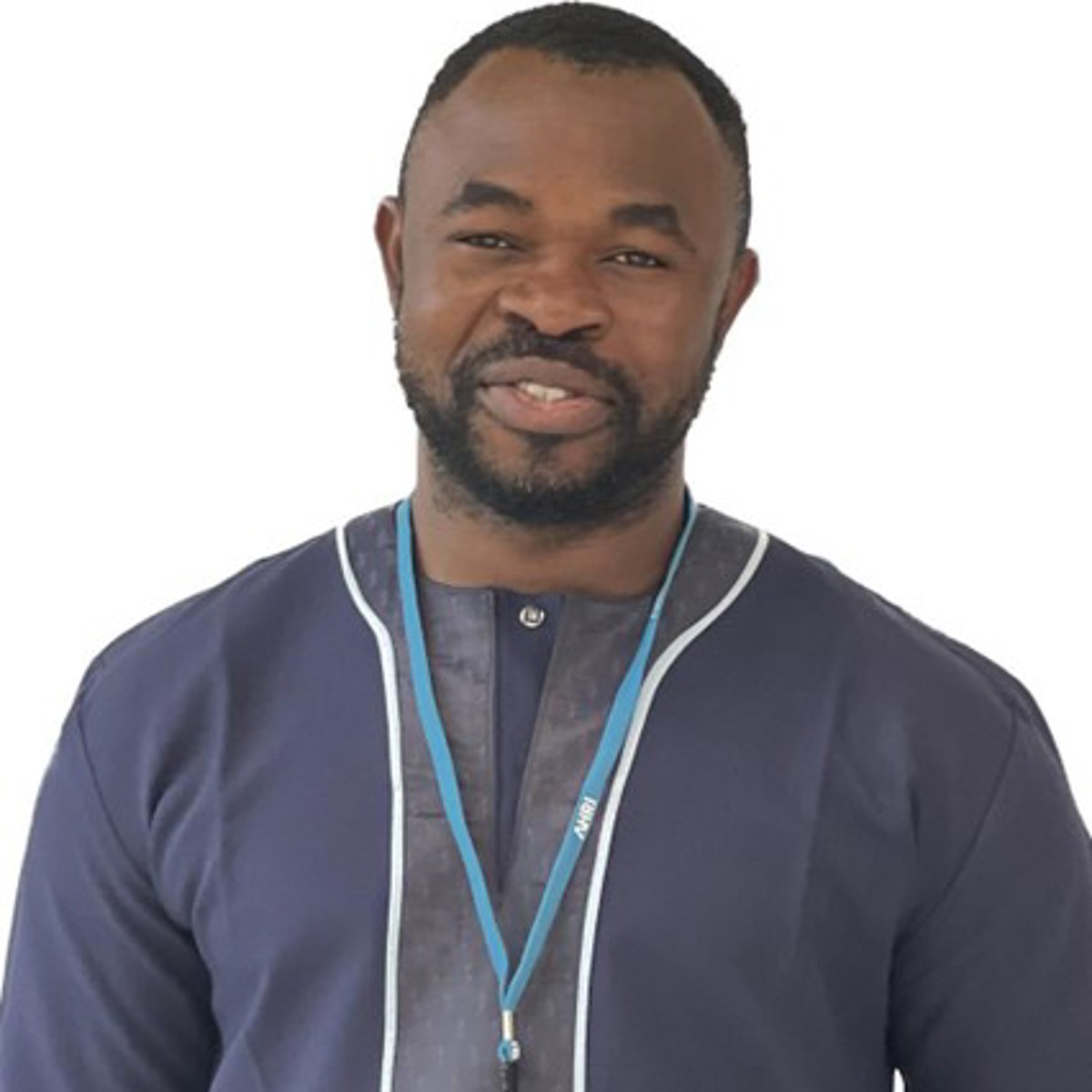
Dr Kingsley Orievulu
Africa Health Research Institute (AHRI) - South Africa
